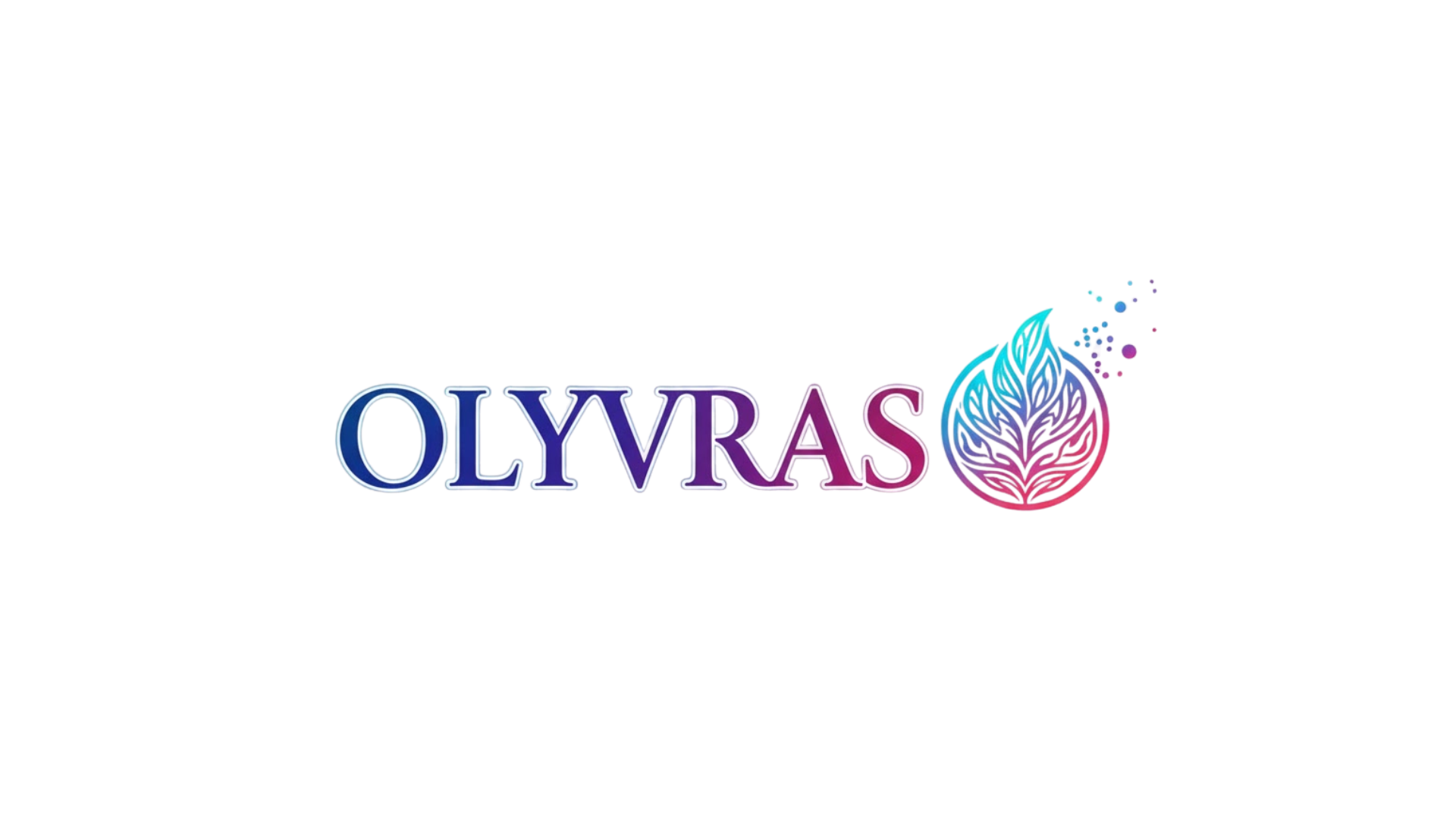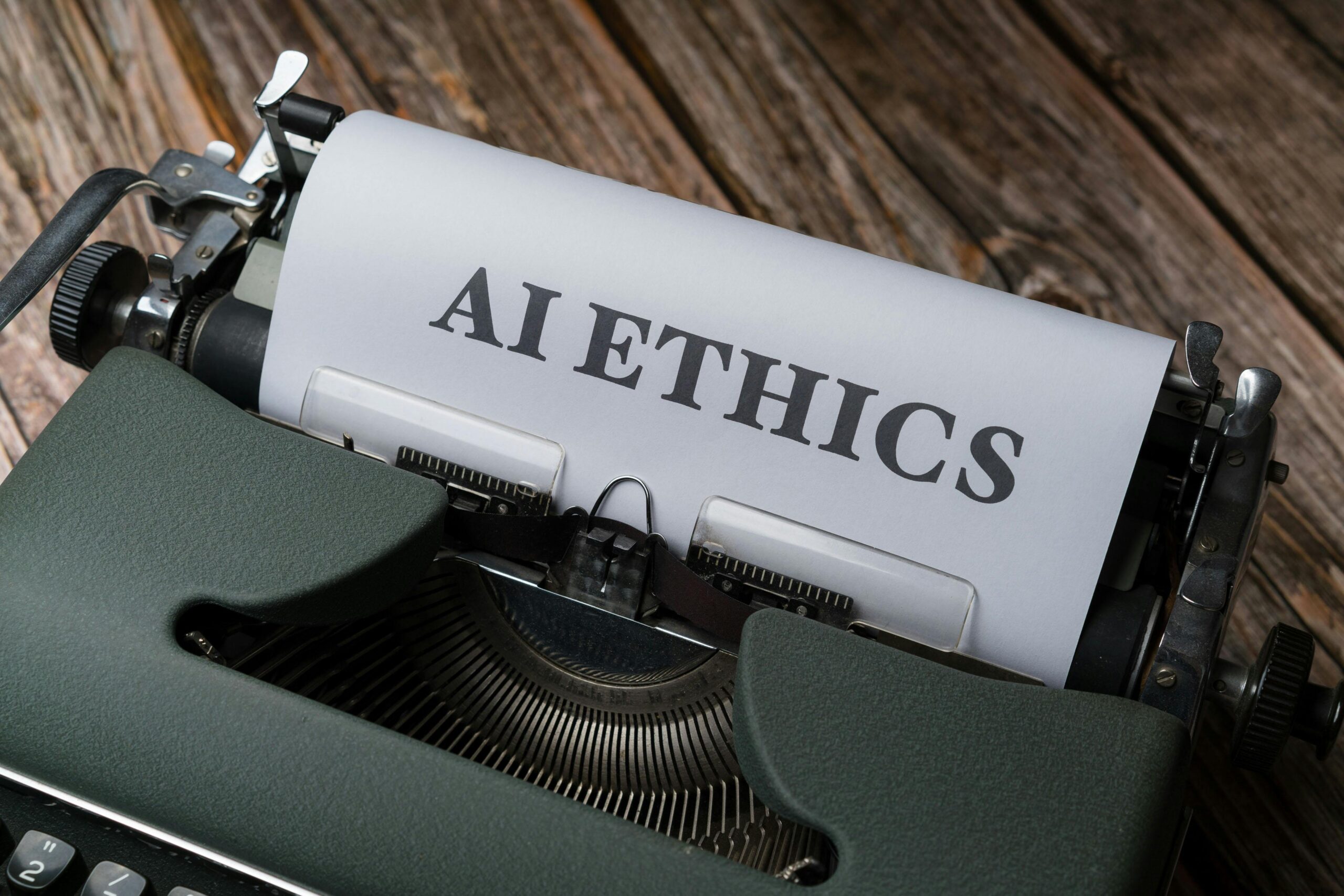Blockchain technology is transforming fair trade by creating tamper-proof records that track products from origin to consumer, ensuring unprecedented transparency in global supply chains.
🌍 The Fair Trade Revolution Meets Distributed Ledger Technology
Fair trade has long promised consumers that their purchases support ethical practices, fair wages, and sustainable production methods. Yet for decades, verifying these claims has been challenging. Coffee beans labeled “fair trade” could have originated anywhere, with little accountability beyond certificates and audits that consumers had to take at face value. The complexity of modern supply chains—where products pass through dozens of intermediaries across multiple countries—has made transparency nearly impossible.
Enter blockchain technology. Originally developed as the backbone for cryptocurrencies, blockchain is now revolutionizing how we track and verify goods throughout their journey from producer to consumer. This distributed ledger system creates an immutable record of every transaction, creating a transparent chain of custody that anyone can verify but no single entity can manipulate.
The intersection of fair trade principles and blockchain technology addresses one of the most persistent challenges in ethical consumption: trust. When consumers choose fair trade products, they’re making a values-based decision that requires confidence in complex global systems. Blockchain doesn’t just digitize existing processes—it fundamentally reimagines how transparency and accountability can work in international commerce.
Understanding the Transparency Gap in Traditional Supply Chains
Traditional supply chains operate through fragmented systems where information is siloed across multiple organizations. A coffee company might know their immediate supplier, but tracking back to the original farm becomes exponentially more difficult with each additional step. Documentation exists primarily on paper or in isolated digital systems that don’t communicate with each other.
This opacity creates opportunities for fraud, exploitation, and misrepresentation. Products can be mislabeled, certifications forged, and labor practices misrepresented with minimal risk of detection. Even well-intentioned companies struggle to verify the origins and ethical credentials of their products when supply chains involve dozens of intermediaries.
The cost of auditing and verification in traditional systems is prohibitively expensive, especially for small-scale producers in developing countries. Third-party certifications help, but they represent snapshots in time rather than continuous monitoring. By the time products reach consumers, the connection to their origin story has become tenuous at best.
The Hidden Costs of Opacity
Supply chain opacity doesn’t just affect consumers—it disproportionately impacts the producers fair trade aims to protect. Smallholder farmers often receive a fraction of the final retail price, partly because intermediaries can exploit information asymmetries. When farmers can’t prove their sustainable practices directly to end buyers, they lose negotiating power and premium pricing opportunities.
Additionally, the administrative burden of multiple certifications and audits drains resources from small cooperatives. They must maintain extensive documentation to satisfy various standards, yet still struggle to communicate their story directly to conscious consumers willing to pay premium prices for verified ethical products.
How Blockchain Creates Unbreakable Chains of Trust 🔗
Blockchain technology fundamentally changes supply chain documentation by creating a shared, tamper-proof ledger that all participants can access but no single party controls. Each transaction or transfer of goods is recorded as a “block” of data, cryptographically linked to previous blocks, creating a permanent chain of custody.
When a coffee farmer harvests their beans, that event is recorded on the blockchain with a timestamp, GPS coordinates, and the farmer’s verified digital identity. As the beans move through processing, export, import, roasting, and retail, each handoff is documented. Anyone with access to the blockchain can trace the product back through every single step to its origin.
The distributed nature of blockchain means no central authority controls the information. Instead, multiple network participants (nodes) maintain identical copies of the ledger. Any attempt to alter historical records would require simultaneously compromising the majority of nodes—a practical impossibility in well-designed systems.
Smart Contracts: Automating Fairness
Beyond simple record-keeping, blockchain enables “smart contracts”—self-executing agreements coded directly into the blockchain. These can automatically release payments when predetermined conditions are met, ensuring farmers receive fair compensation immediately upon verified delivery rather than waiting weeks or months for payment.
Smart contracts can also enforce fair trade standards automatically. For example, if a product is marketed as organic and fair trade, the smart contract can verify that the farm meets certification requirements and that prices paid meet minimum fair trade thresholds. Violations trigger alerts or prevent transactions from completing.
Real-World Applications Transforming Global Commerce
Several pioneering initiatives demonstrate blockchain’s practical impact on fair trade. In the cocoa industry, companies are using blockchain to combat child labor and ensure farmers receive fair prices. Each batch of cocoa beans receives a digital identity that tracks it from West African farms through chocolate production in Europe or North America.
Coffee producers in Colombia and Ethiopia have implemented blockchain systems that let consumers scan QR codes on packaging to see the exact farm where their coffee originated, along with photos, videos, and direct messages from the farmers. This radical transparency creates emotional connections between producers and consumers while making fraud virtually impossible.
The fashion industry, notorious for opaque supply chains involving multiple subcontractors, is using blockchain to verify organic cotton sourcing and fair labor practices. Luxury brands concerned about reputation can now provide verifiable proof that their products are genuinely ethical rather than relying solely on marketing claims.
Fisheries and Marine Sustainability 🐟
Blockchain is helping combat illegal fishing and seafood fraud, where up to 30% of wild-caught fish are mislabeled. By recording catches at sea with GPS coordinates, timestamps, and species verification, blockchain creates unforgeable documentation. Consumers can verify their “wild-caught Alaskan salmon” actually came from Alaskan waters rather than farmed operations elsewhere.
This transparency helps sustainable fisheries command premium prices while protecting marine ecosystems from overfishing. Restaurants and retailers concerned about both sustainability and accurate labeling can confidently verify their seafood sourcing.
Empowering Small-Scale Producers Through Direct Market Access
One of blockchain’s most transformative impacts is disintermediation—removing unnecessary middlemen who add costs without adding value. When farmers can prove their credentials directly through blockchain verification, they can access premium markets previously closed to them.
Digital wallets connected to blockchain systems enable producers in remote areas to receive payments directly, bypassing traditional banking systems that often exclude rural populations. This financial inclusion means more of each dollar spent reaches the actual producers rather than being absorbed by intermediaries.
Blockchain-based platforms are emerging that connect ethical consumers directly with producer cooperatives. These marketplaces use blockchain to verify credentials while facilitating direct transactions, fundamentally restructuring trade relationships to be more equitable.
Building Producer Reputations
As producers build histories on blockchain systems, they accumulate verifiable reputations based on quality, sustainability practices, and reliability. This digital reputation becomes an asset, opening doors to better market opportunities and premium pricing. Unlike traditional certification systems controlled by third parties, blockchain reputations are portable and immutable.
Overcoming Implementation Challenges and Barriers
Despite its promise, blockchain adoption in fair trade faces significant challenges. The technology requires infrastructure that many rural producers lack, including reliable internet connectivity and digital devices. Training farmers and cooperative members to use blockchain systems demands time and resources.
Integration with existing supply chain management systems can be complex and costly. Large corporations with established processes may resist adopting new technologies that expose their supply chains to greater scrutiny. The transparency blockchain provides cuts both ways—companies benefiting from opacity may actively oppose adoption.
Energy consumption of some blockchain systems, particularly older proof-of-work models, raises sustainability concerns. Fair trade advocates rightly question whether the environmental costs of blockchain infrastructure outweigh the ethical benefits. Newer, more efficient consensus mechanisms address these concerns, but public perception remains a hurdle.
The Standardization Question
Multiple competing blockchain platforms create fragmentation rather than the unified transparency the technology promises. A coffee cooperative using one blockchain system may not easily share data with a chocolate producer on another platform. Industry-wide standards and interoperability protocols are still developing, creating temporary inefficiencies.
Who controls and governs these blockchain systems remains contentious. Fully decentralized systems offer maximum transparency but can be slow and difficult to upgrade. More centralized approaches are efficient but potentially vulnerable to the same power imbalances that plague traditional supply chains.
The Consumer Experience: Scanning Stories, Not Just Barcodes 📱
For consumers, blockchain-enabled fair trade transforms shopping from a trust-based transaction into a verification-based experience. Rather than relying on certifications and brand promises, shoppers can access detailed product histories with their smartphones.
QR codes or NFC tags on products link to blockchain records showing the complete journey from origin to shelf. Consumers see photos and profiles of actual farmers, learn about specific growing conditions, view payment records proving fair compensation, and verify all certifications. This storytelling dimension adds value that justifies premium pricing while ensuring the story is genuine.
Some platforms incorporate social features, letting consumers message producers directly or contribute to community development projects in producing regions. This connection transforms abstract ethical concerns into personal relationships, strengthening consumer commitment to fair trade principles.
Beyond Agriculture: Expanding Blockchain’s Fair Trade Applications
While agriculture dominates early blockchain fair trade initiatives, the technology’s potential extends across industries. Artisan crafts, minerals and gems, electronics manufacturing, and pharmaceutical supply chains all benefit from enhanced transparency and accountability.
In conflict mineral sourcing, blockchain helps verify that cobalt, tantalum, and other critical materials don’t fund armed conflicts or involve child labor. Electronics manufacturers facing pressure to clean up their supply chains use blockchain to demonstrate responsible sourcing.
The pharmaceutical industry uses blockchain to combat counterfeit drugs—a major problem in developing countries where fake medications kill hundreds of thousands annually. Verifiable supply chains ensure medicines are genuine and properly stored throughout their journey.
Labor Rights and Working Conditions
Blockchain isn’t limited to tracking physical products—it can verify labor practices and working conditions. Workers in garment factories can use blockchain-based identity systems to report directly on conditions, hours worked, and wages received. This worker-generated data provides accountability that audits conducted by factory management cannot.
Some innovative projects explore using blockchain to create portable worker credentials, documenting skills, safety training, and employment history in ways workers control rather than employers. This shifts power dynamics in industries known for exploitation.
The Road Ahead: Integration, Scaling, and Mainstream Adoption 🚀
For blockchain to truly revolutionize fair trade, adoption must scale beyond pilot projects to industry-wide implementation. This requires collaboration among competitors, investment in producer infrastructure, and development of user-friendly interfaces that don’t require technical expertise.
Regulatory frameworks need development to recognize blockchain records as legally valid documentation for customs, taxation, and certification purposes. Governments and international trade organizations are beginning to establish these frameworks, but progress is uneven across jurisdictions.
The next generation of blockchain fair trade systems will likely incorporate artificial intelligence for automated verification, IoT sensors for real-time monitoring of storage conditions, and satellite imagery for independent verification of farming practices. These technologies working together create comprehensive transparency that’s currently unimaginable.
Measuring Impact Beyond Transparency
As blockchain adoption grows, researchers are beginning to quantify impacts beyond transparency itself. Early evidence suggests producers using blockchain systems receive higher prices and more consistent market access. Consumer trust in fair trade claims increases when backed by verifiable blockchain records. Supply chain efficiency improves as documentation becomes streamlined and automated.
The long-term impact may be cultural as much as technological. As transparency becomes the norm rather than exception, corporate behavior shifts proactively rather than reactively. Companies anticipating blockchain verification of their supply chains adopt better practices before implementation rather than being exposed afterward.

A New Era of Accountable Commerce
Blockchain technology isn’t a silver bullet that solves all fair trade challenges overnight. Implementation requires significant investment, cultural change, and ongoing refinement. Technical limitations persist, and the technology continues evolving rapidly. Not every application succeeds, and some pilot projects reveal that traditional solutions work better in certain contexts.
Yet the fundamental value proposition remains compelling: immutable, transparent, accessible records that create accountability throughout global supply chains. For fair trade movements that have always prioritized transparency and equity, blockchain provides tools that align perfectly with core values while addressing persistent practical challenges.
The producers who’ve struggled for decades to prove their ethical practices now have technology that amplifies their voices directly to consumers. The conscious consumers who’ve wanted to support fair trade but doubted verification can now see proof. The ethical businesses genuinely committed to fairness can differentiate themselves from competitors making empty claims.
As blockchain technology matures and adoption accelerates, we’re witnessing the emergence of a new paradigm in global commerce—one where transparency isn’t a marketing buzzword but a verifiable reality, where accountability is built into systems rather than bolted on afterward, and where the word “fair” in fair trade becomes objectively demonstrable rather than hopefully aspirational. This revolution is already underway, transforming one supply chain at a time into a more transparent, equitable, and trustworthy global marketplace. 🌱
Toni Santos is a global-policy researcher and ethical-innovation writer exploring how business, society and governance interconnect in the age of interdependence. Through his studies on corporate responsibility, fair trade economics and social impact strategies, Toni examines how equitable systems emerge from design, policy and shared vision. Passionate about systemic change, impact-driven leadership and transformative policy, Toni focuses on how global cooperation and meaningful economy can shift the scenario of globalization toward fairness and purpose. His work highlights the intersection of economics, ethics and innovation — guiding readers toward building structures that serve people and planet. Blending policy design, social strategy and ethical economy, Toni writes about the architecture of global systems — helping readers understand how responsibility, trade and impact intertwine in the world they inhabit. His work is a tribute to: The global commitment to equity, justice and shared prosperity The architecture of policy, business and social impact in a connected world The vision of globalization as cooperative, human-centred and regenerative Whether you are a strategist, policymaker or global thinker, Toni Santos invites you to explore ethical globalization — one policy, one model, one impact at a time.




